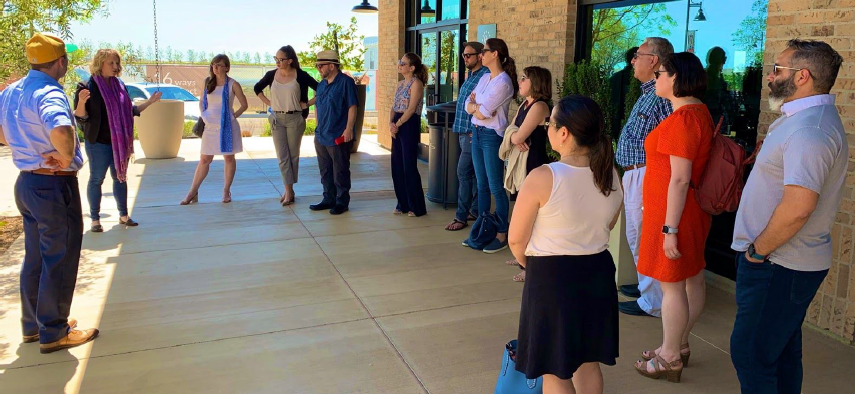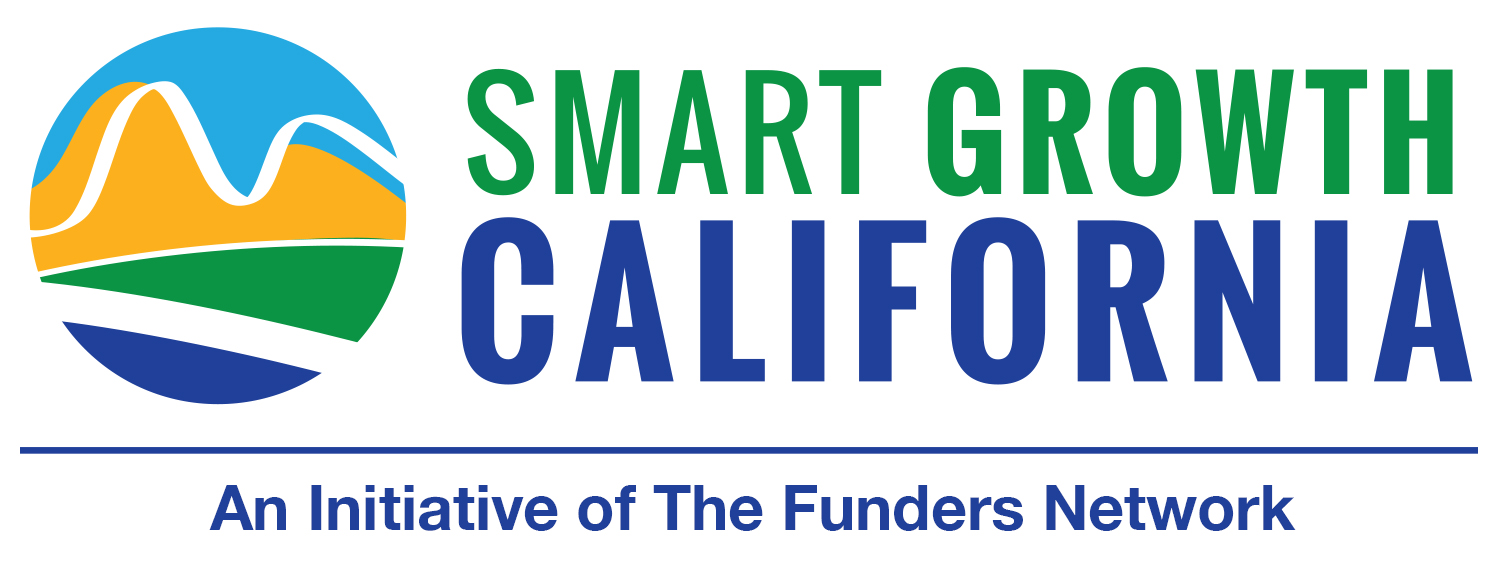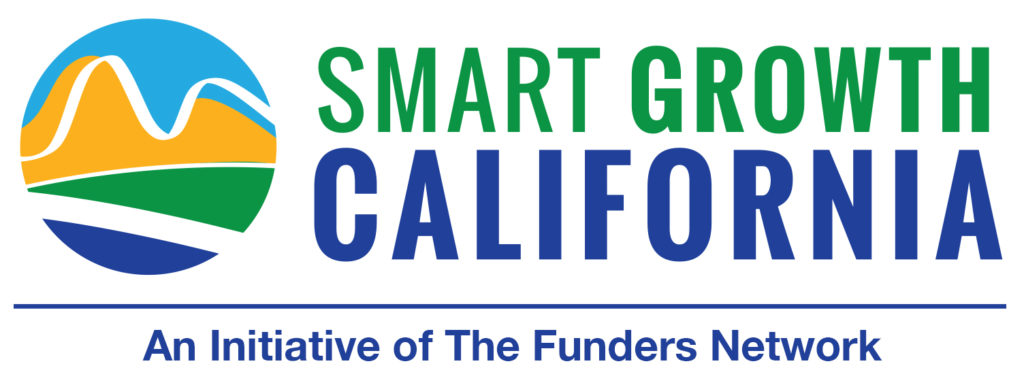Despite being in the heart of an extremely wealthy and progressive state, the San Joaquin Valley has some of the highest rates of poverty in the country. In Fresno, Tulare and Kings counties, child poverty rates have remained at more than 20% since 1980, putting them in the “persistent poverty” category. Residents of the San Joaquin Valley are also exposed to high levels of pollution in comparison to the state as a whole. This pollution burden poses significant risks for a range of serious health problems for the children and families. Unfortunately, elected and appointed representatives in the region have consistently failed to take actions intended to improve local conditions.
Across the Valley, and with a concentrated growth in Fresno, social justice groups are popping up and taking action. Using their toolbox of strategies – community organizing, integrated voter engagement, litigation, etc. – these groups are lifting up the voices of low-income communities of color and shifting power dynamics across the region.

Funders have taken notice of this new wave of activism and are giving in increasing numbers in the SJV. The San Joaquin Valley funder workgroup is the fastest growing workgroup in the Smart Growth California network. These funders are seeking opportunities to align their work, deepen investment and bring new resources to Valley organizations.
An immediate concern of paramount importance to the future of the Valley is the implementation of the historic Sustainable Groundwater Management Act (SGMA), which has the potential to reform decision-making around land and water management. SGMA’s mandate to bring sinking groundwater basins into balance by 2042 will force local Groundwater Sustainability Agencies to make difficult decisions about land use in the Valley, which will likely lead to significant agricultural land retirement, estimated on the order of 500,000 acres.
Community organizations across the Valley are working to respond to SGMA and ensure equitable passage and implementation that protects disadvantaged communities from disproportionate negative impacts. The Valley is a large and diverse geographic region, and even with the strong organizing and leadership development happening on the ground from NGOs, more resources, tools and skills are needed to capitalize the opportunity that SGMA presents. Together, funders and advocates are seeking ways to respond strategically, build new leadership capacity, and drive more support to the Valley to prioritize communities and the environment as these critical decisions are being made.

